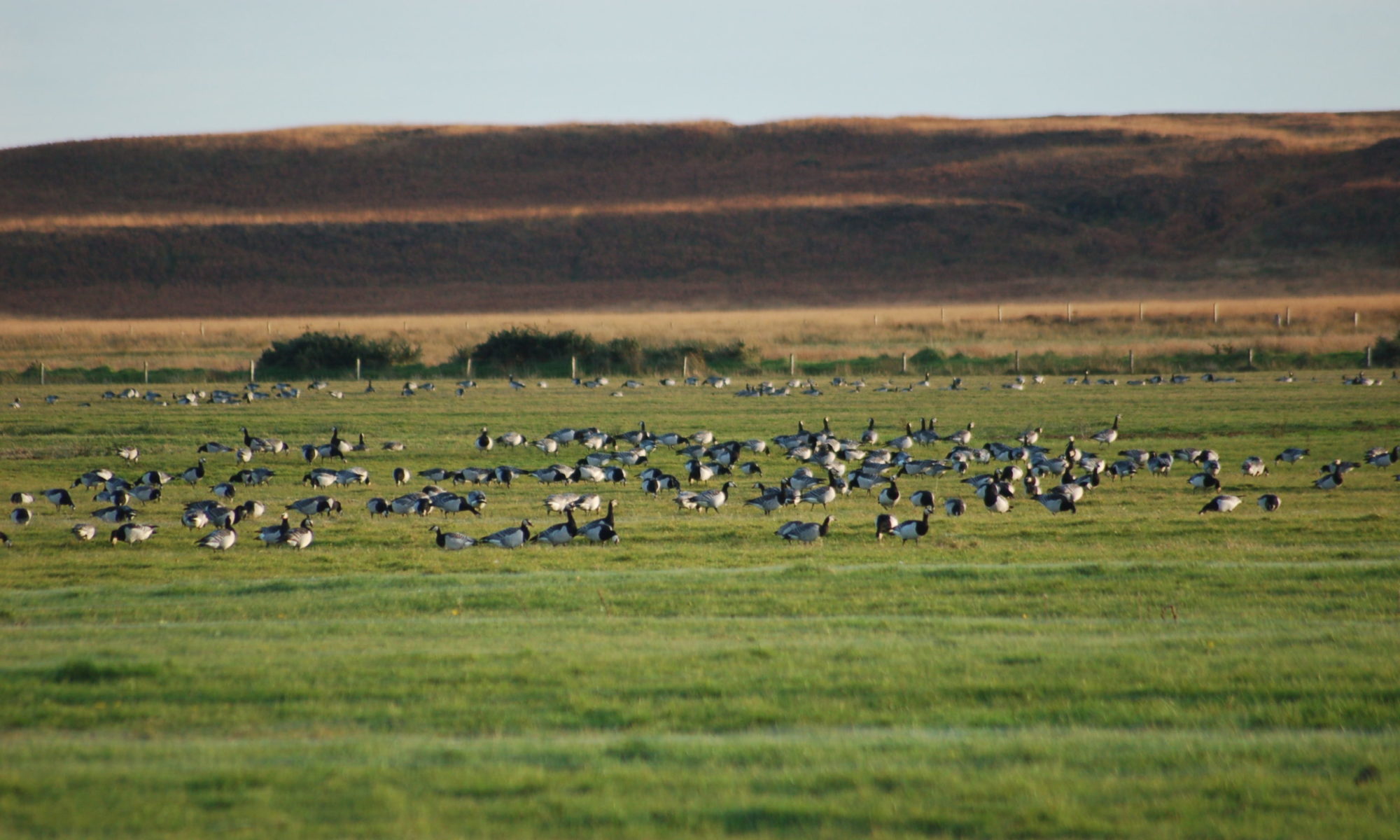Integrating models of human behaviour between the individual and population levels to inform conservation interventions

Abstract
Conservation takes place within social–ecological systems, and many conservation interventions aim to influence human behaviour in order to push these systems towards sustainability. Predictive models of human behaviour are potentially powerful tools to support these interventions. This is particularly true if the models can link the attributes and behaviour of individuals with the dynamics of the social and environmental systems within which they operate. Here we explore this potential by showing how combining two modelling approaches (social network analysis, SNA, and agent-based modelling, ABM) could lead to more robust insights into a particular type of conservation intervention. We use our simple model, which simulates knowledge of ranger patrols through a hunting community and is based on empirical data from a Cambodian protected area, to highlight the complex, context-dependent nature of outcomes of information-sharing interventions, depending both on the configuration of the network and the attributes of the agents. We conclude by reflecting that both SNA and ABM, and many other modelling tools, are still too compartmentalized in application, either in ecology or social science, despite the strong methodological and conceptual parallels between their uses in different disciplines. Even a greater sharing of methods between disciplines is insufficient, however; given the impact of conservation on both the social and ecological aspects of systems (and vice versa), a fully integrated approach is needed, combining both the modelling approaches and the disciplinary insights of ecology and social science.
Full citation and link to journal
Dobson, A., de Lange, E., Keane, A., Ibbett, H., & Milner-Gulland, E. J. (2019). Integrating models of human behaviour between the individual and population levels to inform conservation interventions. Philosophical Transactions of the Royal Society B, 374(1781), 20180053. https://doi.org/10.1098/rstb.2018.0053
Recent Updates
- Ethical considerations when conservation research involves people January 2020
- Incentives and social relationships of hunters and traders in a Liberian bushmeat system September 2019
- Audience segmentation to improve targeting of conservation interventions for hunters August 2019
- Integrating models of human behaviour between the individual and population levels to inform conservation interventions 29 July 2019
- Addressing human-tiger conflict using socio-ecological information on tolerance and risk August 2018
- Intention to kill: Tolerance and illegal persecution of Sumatran tigers and sympatric species March 2018
